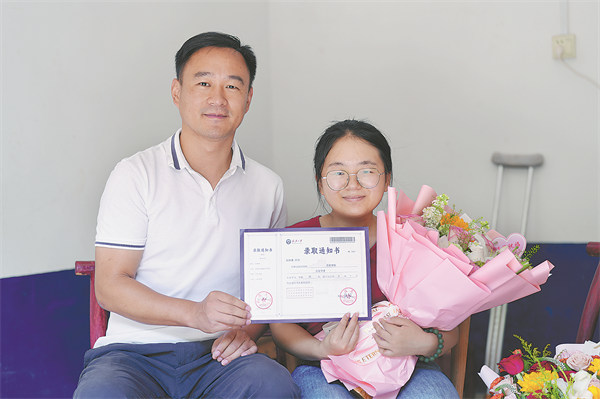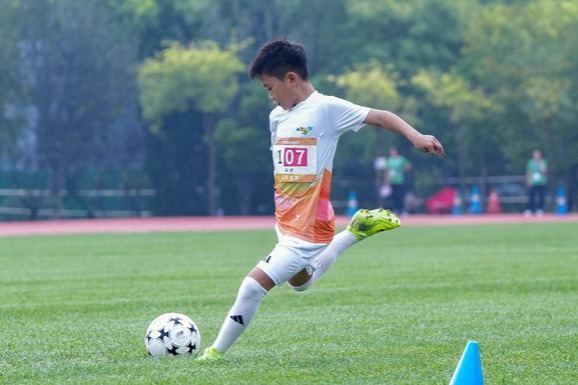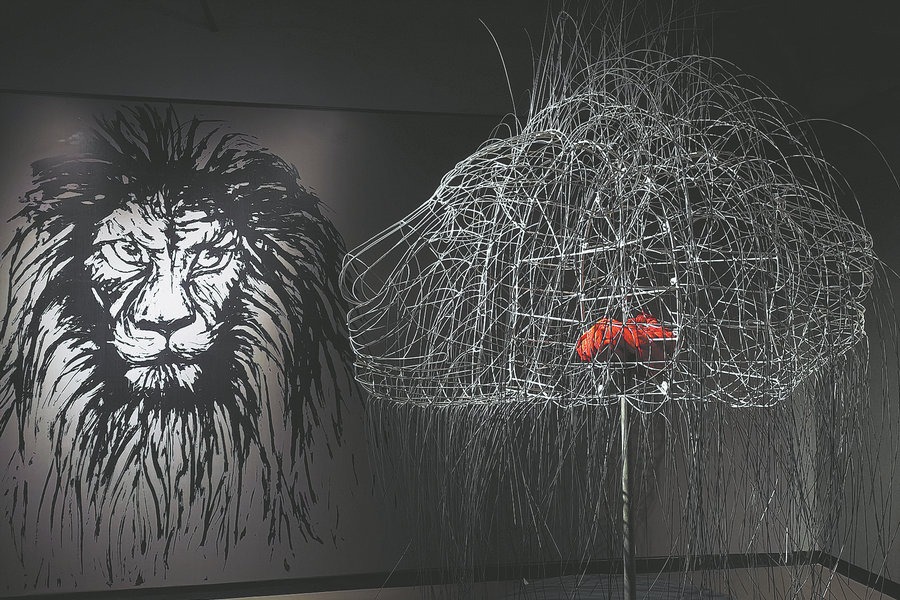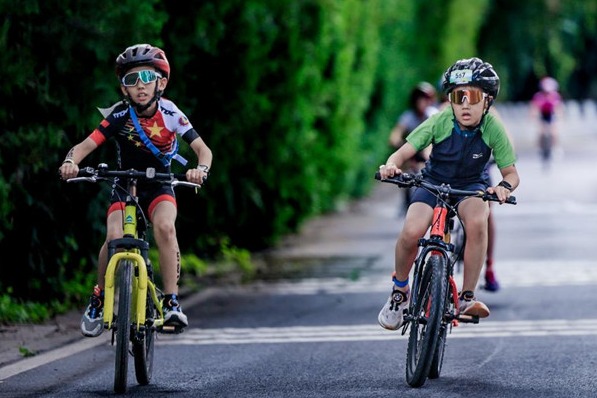Rural student overcomes disability to succeed academically


When 19-year-old Tian Yanqing received her admission letter from Wuhan University in Hubei province — after scoring 631 on China's national college entrance examination, or gaokao — she could hardly believe it.
For a girl from a remote mountain village in Badong county, Hubei, where few students in recent years had entered a top-tier university, her achievement was extraordinary. But for Tian, the news meant more than academic success.
Born with osteogenesis imperfecta, a rare genetic disorder also known as "brittle bone disease", she has lived a life defined by fragility and uncertainty. Even the smallest slip or playful bump could result in unbearable pain and months of recovery.
By the time she reached high school, Tian had already suffered seven fractures. Everyday moments carried hidden dangers — sitting on a hard bench or being greeted by her overly enthusiastic dog.
"Once, I crouched to avoid being knocked over by my dog and suddenly felt a sharp, tearing pain in my leg. I knew instantly it was another fracture," she recalled.
Confined indoors for much of her childhood, Tian found her escape in books. From an early age, she immersed herself in novels and poetry, letting words carry her beyond the boundaries of her small home.
"Words allowed me to go places I couldn't reach," she said. "Even when my body was still, my thoughts could fly."
Because of her condition, Tian was unable to attend primary school and had to study at home. She missed the companionship of classmates and the rhythm of school life, but her passion for learning never waned.
"She always went above and beyond with her assignments," said Yuan Hui, a volunteer teacher in Badong who tutored Tian at home. "Unlike many children who learn passively in class, she was self-driven. She understood the value of education from a very young age."
Despite being one of the top students in her county, Tian never relied on so-called "secret learning methods". Yuan believes her academic strength came from something deeper.
"For her, good grades aren't simply the result of hard work, but of her rich inner world and her careful observation of everything around her," he said.
"She notices things others don't — the scent of soil after rain, the shape of flower petals by the roadside," Yuan added. "She doesn't speak much, but when she does, her words are full of insight."
Although reading had long been her window to the outside world, Yuan said Tian truly valued real interaction with people.
By the time she reached junior high school, Tian was finally able to return to the classroom and join her peers. Being around other students helped her slowly come out of her shell and start building friendships.
Tian's journey, however, is more than a story of personal perseverance. It also reflects the quiet transformation taking place in China's rural education, as her accomplishments are shaped not only by her inner drive but also by the dedication of teachers like Yuan.
For six years, while Tian was unable to attend school, Yuan visited her at home regularly, often walking miles along steep mountain paths in rain or snow.
He never asked for payment and never left — even when offered better-paid positions elsewhere.
"The reason was simple," he said. "If I didn't help her, no one would."
When it came time to apply to university, Tian chose to major in history — the same field Yuan had studied. "I want to understand the stories rooted in this land," she said.
She hopes to research rural literature and document the lives of people in the mountains through her writing. "Just like Yuan once helped us see the world through his classes," she added.
As she prepares for campus life in Wuhan, Tian hopes to join student clubs, learn to live independently, and meet people from all walks of life.
"I want to explore new interests, improve my communication skills, and experience a richer, more colorful life," she said. "Most of all, I want to gain knowledge so I can one day give back and help others."




































